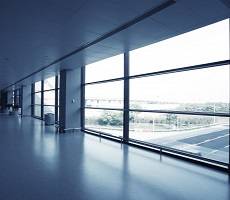July 3, 2013
Lifecycle management most important aspect of BIM say FMs
The relationship between Building Information Modelling (BIM) and lifecycle management is the most important factor for facilities managers, who, along with owners and occupiers believe BIM will becoming increasingly important in day-to-day working practices within the next two to three years. The findings are from a poll of individual members of the BIM4FM group which represents institutes, trade associations and professional bodies within the built environment. “The results clearly show that there is recognition that BIM offers the opportunity to improve the lifecycle management of buildings. Interestingly there is both a desire, and an expectation for BIM to be able to support better working practices and improve operation and maintenance of buildings in practice:” said Geoff Prudence Chairman of the BIM4FM group (more…)

















